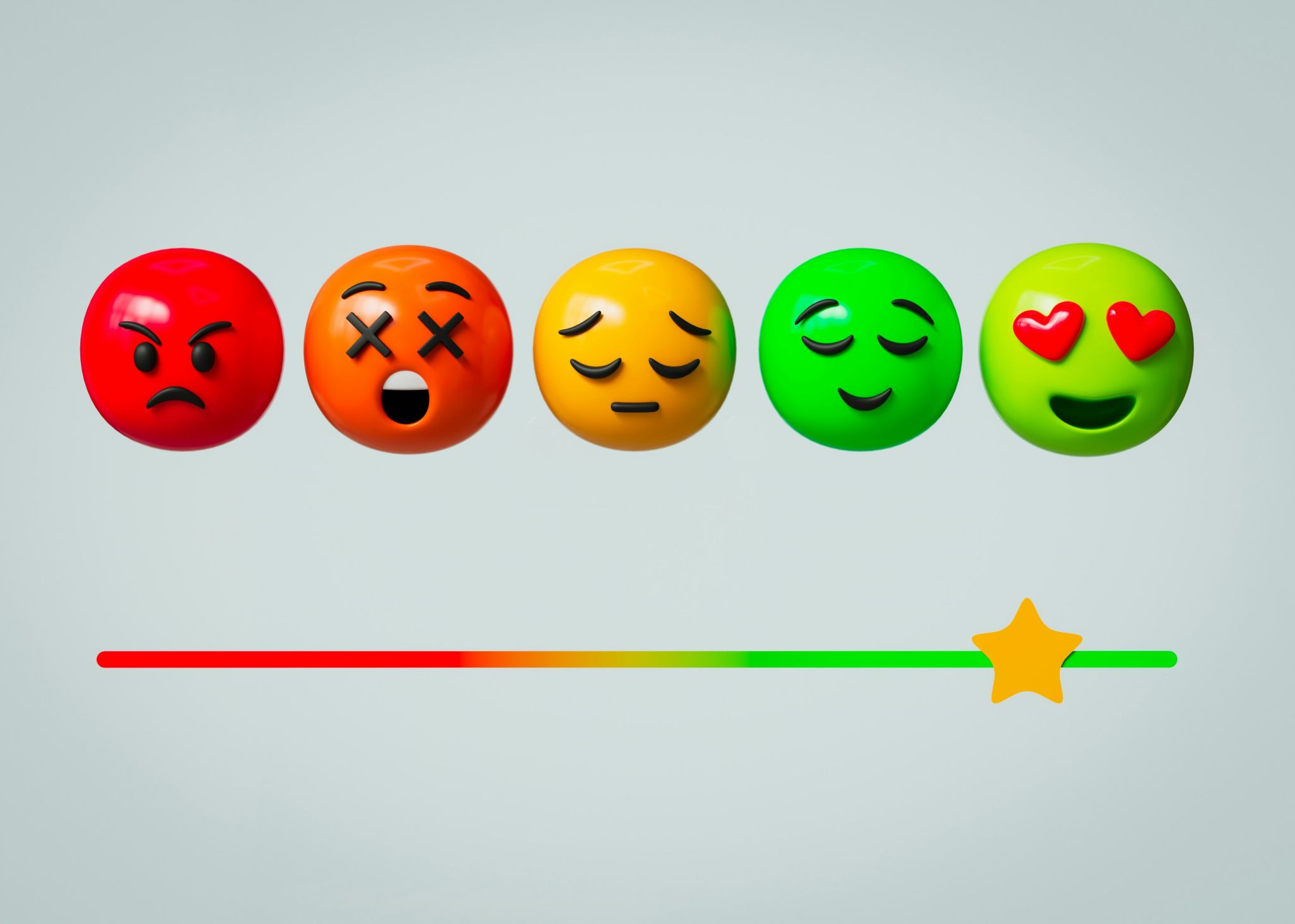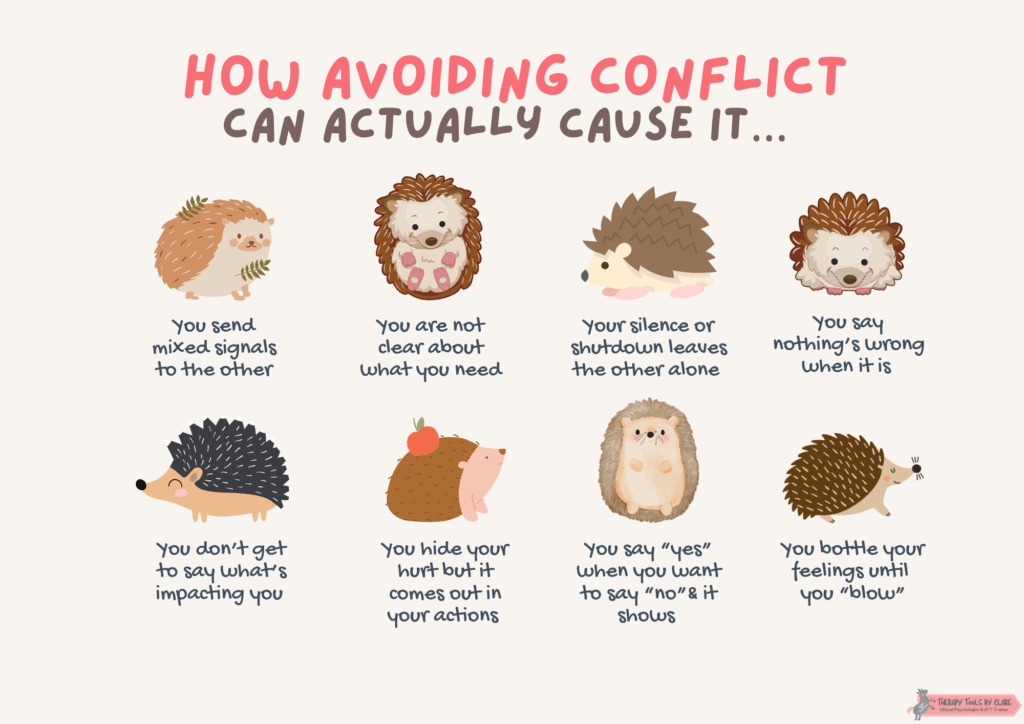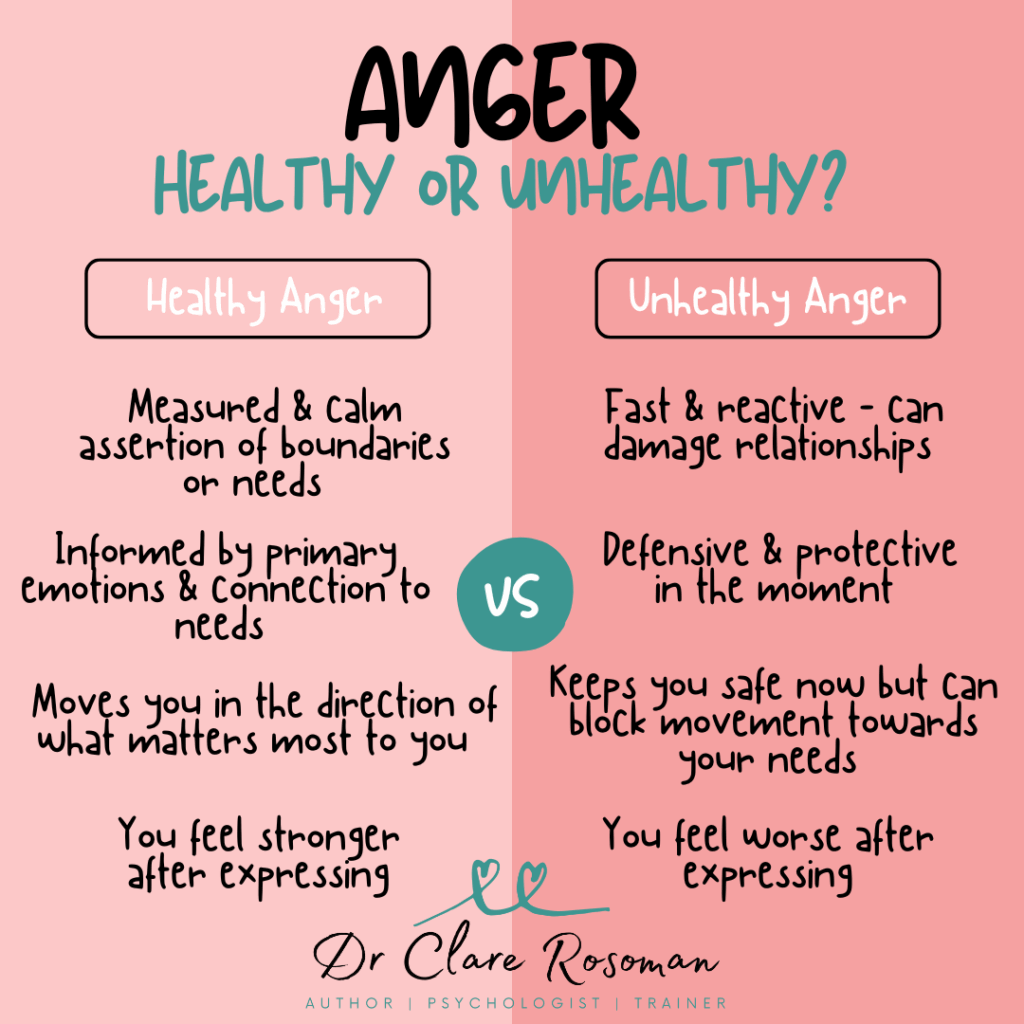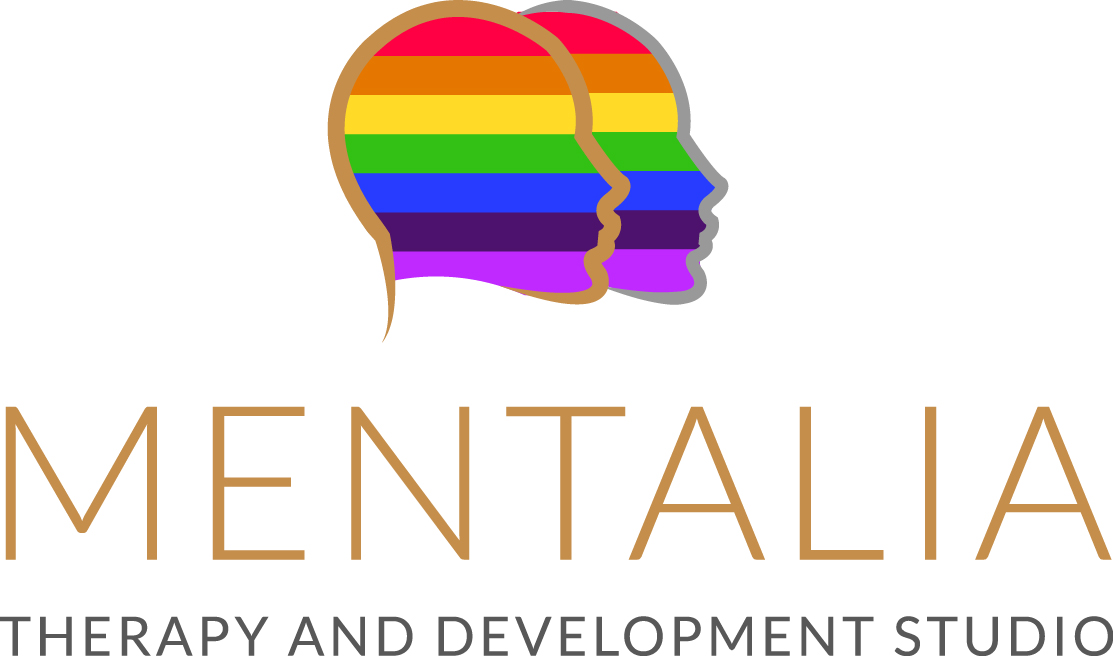Emotions in Relationships: How Conflict Avoidance, Anger, and Repairing Hurt Affect Closeness – An EFT Perspective

Human relationships—especially close ones—are not free from conflict, intense emotions, or emotional injuries. Often, we believe that the best way to maintain harmony is to avoid difficult conversations and uncomfortable feelings. However, from the perspective of relationship dynamics, especially through the lens of EFT (Emotionally Focused Therapy) —one of the most researched approaches to working with couples—it’s emotional connection and expression that build real intimacy. Let’s take a closer look at three interconnected topics: conflict avoidance, anger, and emotional repair.
Avoiding Conflict – Why It Creates Distance Instead of Peace
At first glance, avoiding conflict may seem like a protective strategy: no arguments, no escalation, no emotional turmoil. However—as beautifully illustrated by the little hedgehogs in the graphic—conflict avoidance often creates more problems than it solves.

If you’d like an A4 copy you can download it HERE.
Suppressing pain, bottling up emotions, sending mixed signals, or saying “yes” when we feel “no” inside—these patterns lead to growing frustration and emotional distance over time. The other person can’t understand what we feel or need, and may feel confused or abandoned.
In EFT, we understand that avoidance is a response to the fear of losing connection. At the same time, emotional safety does not come from avoiding difficult conversations, but from creating a space where emotions and needs can be safely expressed.
Anger – Healthy or Unhealthy? A Crucial Diffe
When we suppress emotions for a long time, they eventually start to surface—often in the form of anger. But not all anger looks the same. Anger is often misunderstood or feared—it’s associated with shouting, aggression, or blame. But anger itself is not bad. Healthy anger is a force that helps us set boundaries, express our needs, and protect what matters.
In therapy for couples, we learn to distinguish:
- Healthy anger, which is calm, grounded, and connected to core needs, leading to clarity and empowerment,
- from Unhealthy anger, which is reactive, impulsive, and hurtful, often masking deeper emotions like fear, shame, or loneliness.
In relationships, it’s important to learn how to recognize and express anger in a way that fosters closeness rather than distance. Anger—especially unhealthy anger—often arises when we’ve been suppressing other emotions for a long time, which can be a result of avoiding conflict. Healthy anger can be the beginning of an honest conversation and the rebuilding of trust.

If you’d like an A4 copy you can download it HERE.
Emotional injuries are inevitable – what matters is how we repair them.
Every relationship has moments of hurt. Words we regret. Silence when someone needed us most. Distance that crept in unnoticed. When emotions are ignored and needs go unmet, hurt is bound to happen sooner or later. But it’s not the hurt itself that damages the relationship – it’s the lack of repair.
From an EFT perspective, repairing emotional injuries is one of the most powerful opportunities in a relationship—a chance to show we care, to rebuild trust, and to reconnect emotionally.
Instead of retreating into silence, blame, or indifference, EFT encourages honest, empathetic dialogue that allows the wound to heal and the bond to be rebuilt. Dr. Clare Rosoman outlines six steps to healing emotional hurt in a relationship:
- Share your pain with vulnerability – instead of blaming, show what hurt you and why.
- Listen with an open heart – take in the other’s pain; let it matter to you.
- Separate intention from impact – you didn’t mean to hurt them, but the impact was real.
- Express care and remorse – let them know you see their pain and that it matters to you.
- Take responsibility for your actions – show you’re committed to making things right.
- Grow from the experience – learn from what happened so it doesn’t repeat.

If you’d like an A4 copy you can download it HERE.
These conversations aren’t easy, but they are precisely what can make a relationship deeper, safer, and more authentic.
💬 In Summary
Avoiding conflict, suppressing emotions, or reacting with impulsive anger – all of these are attempts to cope with difficult feelings and the fear of losing connection. However, from the perspective of relationship dynamics, especially through the lens of EFT (Emotionally Focused Therapy), we invite you to look deeper—to what’s really happening in the heart of the other person. Anger can lead to closeness—when expressed healthily. Emotional injuries can build trust—when healed with care and vulnerability.
💡 Instead of asking: “How can I avoid a fight?”, EFT asks:
“What are you really feeling? What do you need? Can you show that to your partner?”
Because emotions are the key – not to be suppressed, but to guide us toward each other.
All graphics used in this post were created by Clare Rosoman, a certified EFT trainer from Australia. Clare allowed Barbara Sławik, a certified EFT supervisor, to translate them into the local language for the Polish community. We hope they are helpful 🤩
June 13th 2025
text: Barbara Sławik picture: point normal
ways to help
for therapists
mentalia
mentalia.pl is owned by
„Mental Breathes” Barbara Sławik
ul. Wałbrzyska 48/11
02-739 Warszawa
Privacy Policy
Information clause on processing of personal data


